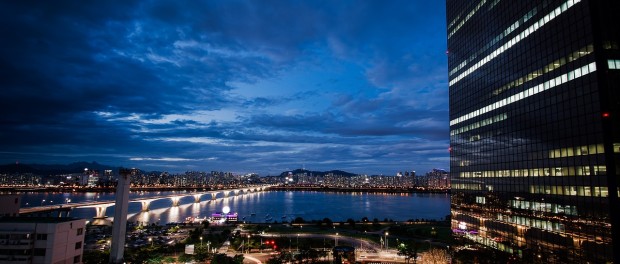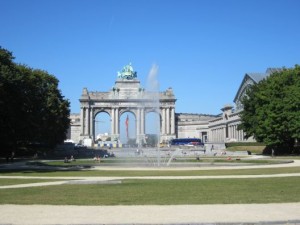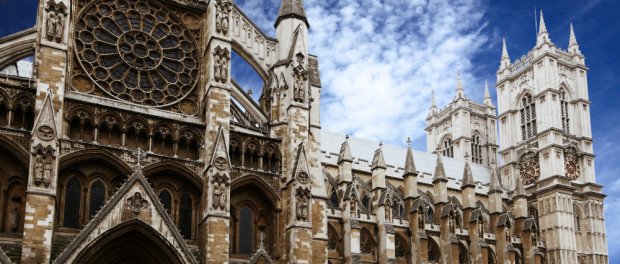
The Seoul Metropolitan Government has released its ambitious Smart Seoul 2015 strategy, detailing plans to become the smartest, most connected city in the world.
The Smart Seoul Strategy details plans develop Seoul into one of the top 5 most competitive cities in the world and the most advanced Smart Mobile city in the world by 2015, and maintain its role as global leader in e-government.
Seoul has long been recognised a a global leader in egovernment, having topped the Rutgers e-government rankings since 2003.
“Seoul is moving forward to be a city that best utilizes Smart technologies, to realize a Smart government that actively interacts with citizens, to build infrastructure for future urban life, and to build a creative Smart Economy and a global culture city” states the stratgey.
The Strategy details four goals:
- Make Seoul a city that best utilizes Smart technologies in the world
- Realize a Smart government that actively interacts with citizens
- Build infrastructure for future urban life
- Build a creative Smart economy, and a global culture city
The strategy recognises that with the move to “smart city”requires major internal and external changes in the administrative environment for the Seoul Metropolitan government. “With other nations and cities catching up with the world best e-Government, there is a growing need for Seoul to take proactive measures under the new circumstances”, the strategy states.
Smart Seoul initiatives include:
- All on-line civil administrative services will be fully accessible by mobile by 2014
- Use Smart TV as one of 3 major channels for e-Government, by providing access the same pubilc services through Smart TV as offered through online and mobile devices
- Implement an integrated, real-time monitored CCTV control system for children’s safety, crime prevention and traffic control, disaster and accidents management
- Reduce crime rate by 10% through improved responsiveness of CCTV cameras to citizens’ call for help, by applying sensors to emergency bell or other emergency-signaling sounds, and automation of CCTV monitoring
- Use cloud computing to save more than 30% of system operating costs
- Smart Seoul Safety Service which provides real-time monitoring and location of school children travelling to school
- Implementation of smart street lights which monitor air pollution levels and automatically control lights
- Reduce power consumption by 10% through smart sensors and intelligent electricity information
- Provide free WiFi to all citizens, across every public place in the Seoul metropolitan area, including government buildings, public service centers, part, streets and community centers
- Build a social network that enables two-way communication between the government and citizens
- Build a safe cyber city where citizens do not worry about cyber terrorism, privacy issues, and other downsides of a Smart city
Seoul is the capital and largest metropolis in South Korea, and has a population of over 10 million people. The South Metropolitan Government is made up of 71 Departments, and is divided into 25 autonomous wards and 522 neighbourhoods (Seoul Metropolian Government website).
Read the Smart Seoul Strategy.
Read the Smart Cities Seoul Case Study.
More about the Seoul Metropolitan Government.



